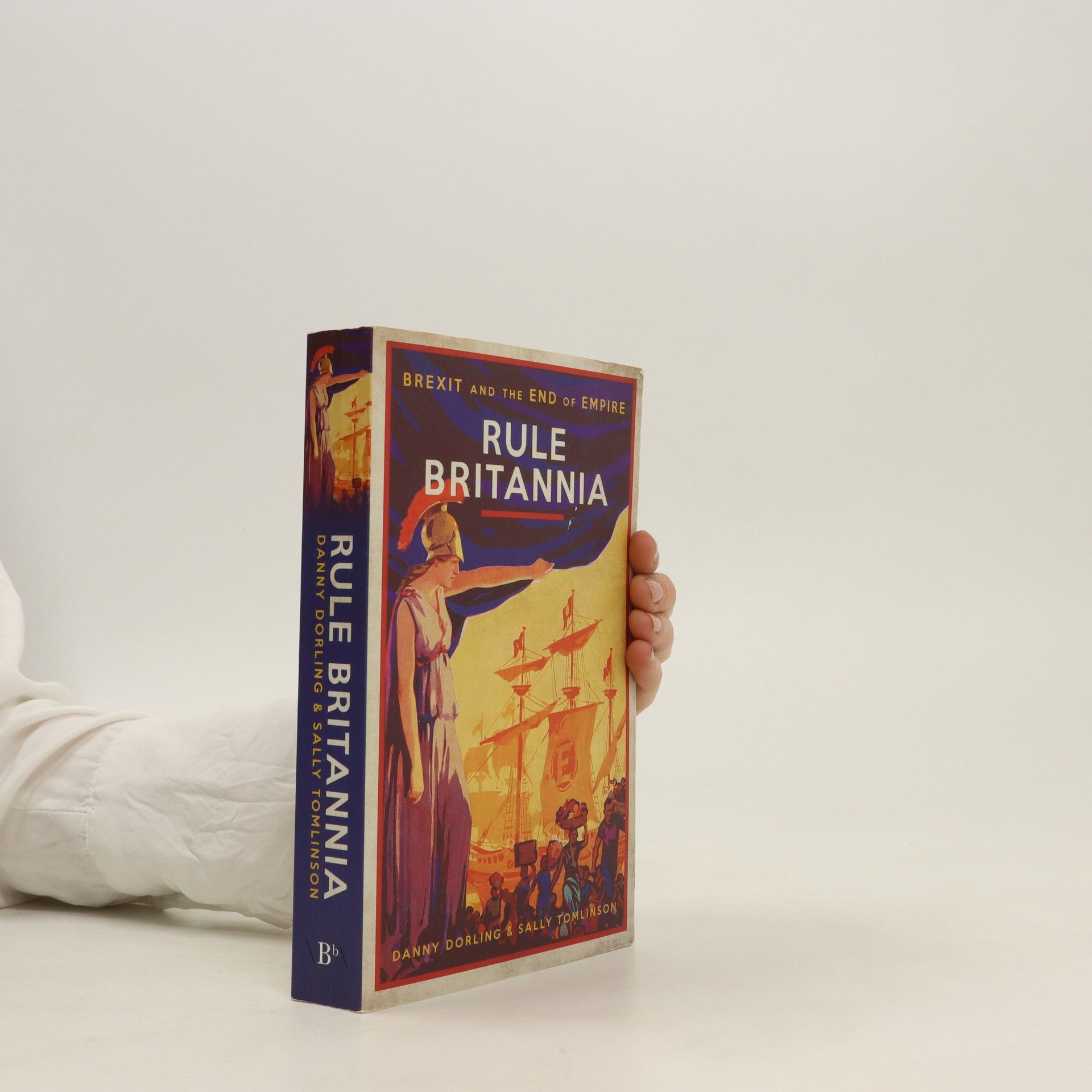Finntopia
- 192 páginas
- 7 horas de lectura
What have the Finns got right that other nations haven't?
Danny Dorling es un geógrafo social británico cuyo trabajo examina críticamente la desigualdad y la geografía humana. Se enfoca en temas de vivienda, salud, empleo, educación y pobreza, esforzándose por mantener una ética del juego como aprendizaje para la vida, informada por experiencias tempranas. Sus extensas publicaciones sobre desigualdades sociales, a menudo de acceso abierto, exploran perspectivas globales y buscan contrarrestar puntos de vista limitados, reflejando un compromiso con la investigación accesible sobre disparidades sociales.






What have the Finns got right that other nations haven't?
A wide-ranging exploration of why inequality persists and what can be done about it.
The authors argue that the vote to leave the EU was the last gasp of the old empire working its way out of the British psyche. Fueled by a misplaced nostalgia, the result was driven by a lack of knowledge of Britain's imperial history, by a profound anxiety about Britain's status today, and by a deeply unrealistic vision of the future.
A powerful and counterintuitive argument that we should welcome the current slowdown--of population growth, economies, and technological innovation
The book explores the impact of declining economic conditions on British children, examining how poverty shapes their daily lives and future opportunities. It delves into the challenges faced by these children, including access to education, health care, and social mobility. Through personal stories and statistical analysis, the narrative highlights the broader societal implications of increasing poverty and raises critical questions about the long-term effects on a generation growing up in a less prosperous Britain.
The book explores the alarming rise of food insecurity among UK families with three or more children by 2024, highlighting the consequences such as stunted growth and increased childhood mortality. It delves into the implications of high inequality and examines how systemic issues have led to a peak in social injustice, questioning the potential for further deterioration of the situation. Through this lens, it seeks to understand the broader societal impacts and challenges facing families in contemporary Britain.
Addressing the current political crisis, this manifesto critiques both right and left approaches, emphasizing the need for urgent, innovative solutions. A team of researchers proposes a progressive vision that includes actionable policies in welfare, health, education, and housing. Advocating for an empowered state and active citizenship, the authors stress the importance of resilient institutions to achieve a secure and democratic future. This comprehensive blueprint aims to inspire politicians and citizens alike to embrace change for a prosperous Britain.
Written by an extraordinary team of authors, including Danny Dorling and Kate Pickett, this book offers a compelling and achievable vision for a progressive future. It presents concrete policy proposals for the reform of welfare, health and social care, public utilities and more. -- .
This book looks at the evidence for a successful politics that would promote happiness and health. It suggests policies that take account of this evidence. Government can and should work to make us happier.
A clear and accessible introduction to geography by two experts in the topic, part of the Ideas in Profile series